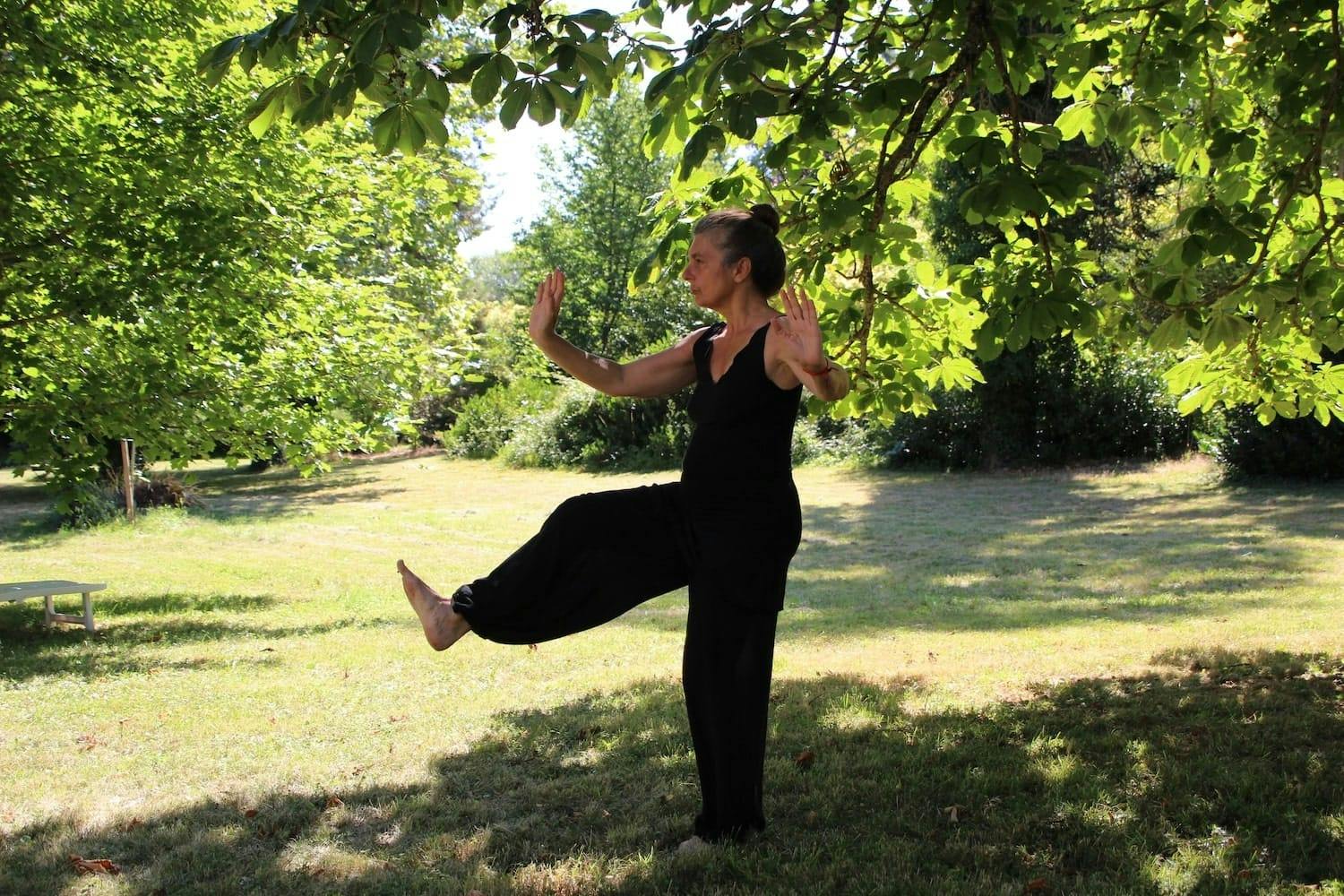
Tai chi is most commonly thought of for its self-defence, but did you know it can also have numerous health and wellbeing benefits?
Originating as an ancient Chinese martial art, the practice of Tai chi has become popular in recent years for its many benefits to health and wellbeing. With its appealing slow, gentle movements and elements of meditation, it’s no wonder it’s become more widely recognised as a way to look after our mental, as well as physical, health.
What is Tai chi?
Tai chi has its roots in traditional Chinese medicine. It is a continual flow of slow-paced movements and postures that are combined with elements of meditation and breathwork, designed to create harmony between the mind and body. Over the years, Tai chi has shifted from a focus on martial arts to a way of fostering health and wellbeing. Often described as ‘moving meditation,’ it’s a great way to connect the body, mind and soul.
There are various forms of Tai chi, each with slight differences, but the basis of each remains much the same. The most popular form is ‘Yang’ which is generally considered to be the most accessible due to its slower movements.
Qi, pronounced ‘chee,' is our life-force energy. It’s the energy that is believed to flow around our bodies and when this can move freely, we’re at optimum health. However, any imbalances in qi are thought to contribute to ill health, such as pain or illness. The movements of Tai chi are thought to help unblock this stuck energy, restoring its flow.
Yin and yang are two opposing elements which stem from the belief of Taoism - the core principle of Tai chi. This is the idea that we need to live in line with the universe. Yin and yang are said to be needed to be kept in equilibrium to maintain harmony.
How can Tai chi boost my wellbeing?
Tai chi can bring a host of benefits to physical, emotional and mental health. Collectively, it’s a great way to promote overall wellness. These benefits include:
- Reducing stress and anxiety. Because Tai chi incorporates lots of mindfulness and meditative elements, it is especially good at increasing focus and helping to clear the mind.
- Improves cognitive skills. Recalling the series of movements as well as fostering complete focus means that Tai chi is thought to help improve memory retention and concentration.
- Improves sleep quality. With regular practice, Tai chi is thought to help improve sleep, likely due to the combination of gentle, meditative movements and the decreased levels of anxiety that many practitioners experience.
- Improves balance and flexibility. Tai chi is generally done standing up with the movements thought to improve motor function. Because of this, it’s helpful in improving balance and flexibility. Tai chi is also particularly beneficial for older people, as it can help them gain confidence, independence and stability – helping them overcome a fear of falling. Tai chi can, however, be practised sitting down, so it really is suitable for everybody and can be adapted based on your needs and what you feel most comfortable doing.
- Aids pain management. Tai chi can help support ongoing aches and pains, including some chronic pain conditions like arthritis, as it's a very gentle, low-impact form of exercise.
- Supports cardiovascular fitness. The practice of Tai chi is thought to help lower blood pressure and can be beneficial if you have heart disease.
Getting started with Tai chi
If Tai chi sounds like something you might like to try, it's recommended to work with a professional teacher, especially to begin with. Below are some tips for starting out, so you can make the most of your practice.
- Practise in a safe environment. Make sure the space around you is clear of obstacles, like wires or furniture, and that you have good lighting.
- Be comfortable. So that you can really tune in to the meditative elements of Tai chi, it's recommended that you feel as comfortable as possible when practising it. Ensure that your room is at a comfortable temperature and that your clothing isn't restrictive.
- Warm up and cool down. Be sure to stretch before and after exercising. Although Tai chi is very gentle, it's recommended to take time before and after a session to stretch and loosen your body, so that your muscles can be as relaxed as possible and you can prevent injury.
- Listen to your body. Most importantly, tune into your body and never push it beyond what feels comfortable.
Tai chi can help you feel more grounded and present, bringing more awareness to your body and mind. With consistent practice, it can be healing. You can find out more about what to expect in a Tai chi session by visiting our Therapy Directory, where you can also get in touch with a qualified teacher.

